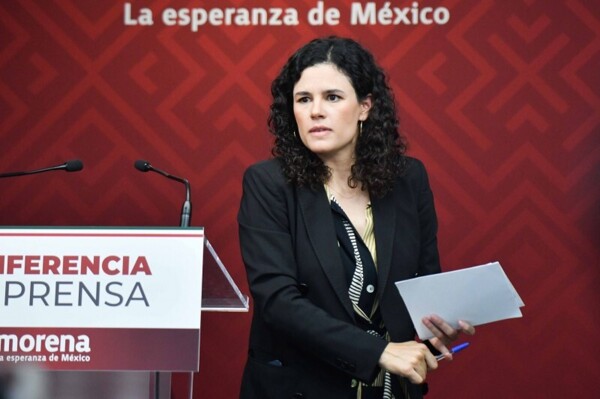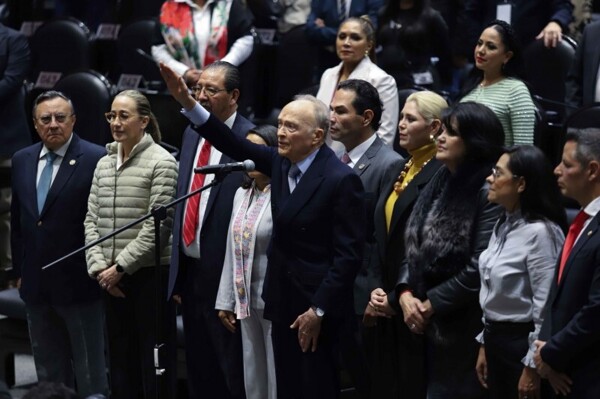
The Trump administration is ready to announce the designation of several Mexican criminal groups as terrorist organizations next Wednesday, February 19. This decision is seen as a first step towards strengthening cooperation between Mexico and the United States in the fight against organized crime, although it poses significant challenges.
These cartels, including the Sinaloa Cartel and the Jalisco New Generation Cartel (CJNG), have profoundly affected Mexico and maintain strong ties with other criminal organizations operating in different regions of the country. The designation as terrorist organizations could allow for more robust action by the United States, which in turn could have implications for Mexico's sovereignty.
Although similar measures in other countries have managed to reduce violence and weaken these organizations, they have not completely eradicated organized crime. The designation poses a significant political challenge for the Mexican government, as it could entangle the country in a complex struggle against organized crime and its connections with local political sectors.
In addition to the more well-known cartels, such as the Northeast Cartel and the New Michoacán Family, there are other criminal organizations that play a key role in the criminal landscape of Mexico. The need for a joint strategy between both countries to dismantle arms trafficking, money laundering, and other illicit practices is becoming increasingly evident.
International experiences show that the designation of criminal groups as terrorists can be effective when combined with a clear strategy, well-defined objectives, and close collaboration between the involved countries. In countries like Colombia, Spain, and Ireland, these measures have helped weaken criminal organizations and pacify regions affected by violence.
In the specific case of Mexico and the United States, the designation of cartels as terrorists poses a complex challenge due to the fragmentation of these organizations and their internal alliances. Identifying leaders, operators, and support networks is crucial for an effective strategy that addresses the root causes of organized crime and its most visible manifestations.
In summary, cooperation between Mexico and the United States in the fight against organized crime is crucial to dismantling these networks and advancing towards greater security in the region. The designation of the cartels as terrorist organizations represents an important step in that direction, but its effectiveness will depend on political will, binational coordination, and the implementation of clear and well-defined strategies.














